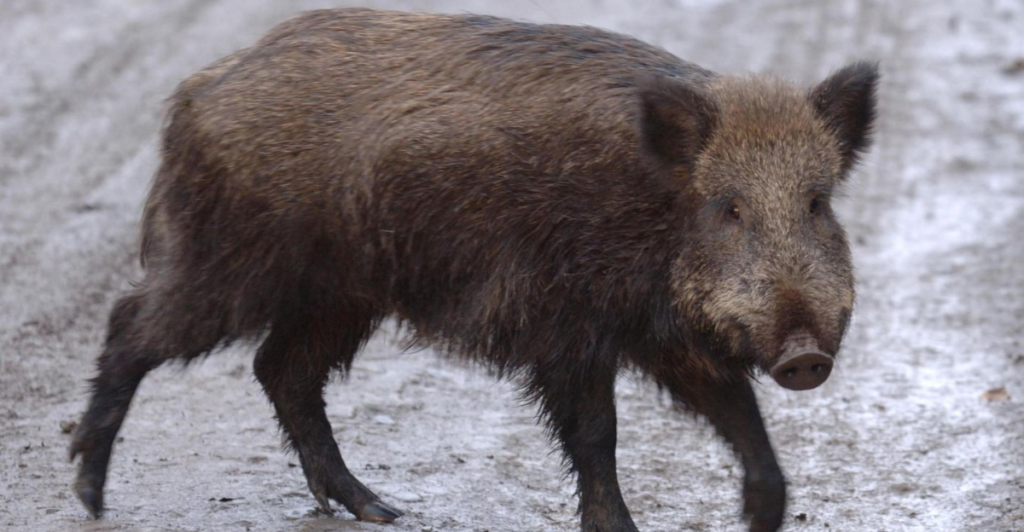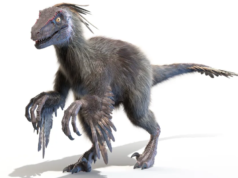
Nuclear fallout is one of the worst events things that could happen to our planet. Entire ecosystems would be wiped out as radiation crawls into everything. But nature always finds a way to be more resilient than we give it credit for. Some animals would reign as the world’s scavengers after a nuclear event.
These animals showcase how certain species possess traits that enable them to endure extreme conditions such as those resulting from nuclear fallout.
Tardigrades

These microscopic creatures, also known as water bears, are renowned for their ability to survive extreme conditions, including radiation. They can endure high levels of radiation that would be lethal to most other life forms.
Cockroaches

Often cited as one of the hardiest insects, cockroaches can survive significant doses of radiation. They have been shown to withstand about 15 times more radiation than humans.
Rats

Rats are highly adaptable and can thrive in various environments, including those affected by radiation. Their ability to reproduce quickly allows them to recover populations rapidly in post-apocalyptic scenarios.
Crows and Ravens

These intelligent birds are omnivorous and can eat various foods, making them well-suited for survival in changing environments. Their ability to fly also helps them find food in larger areas.
Alligators

Alligators can survive long periods without food and are resilient to cold temperatures. Their low metabolic rate allows them to endure harsh conditions, which could be beneficial in a nuclear winter scenario.
Snakes

Like alligators, snakes are cold-blooded and can survive on minimal food intake. They have also survived past mass extinction events, indicating their adaptability.
Wild Boars

These animals are known for their resilience and adaptability. In areas affected by nuclear fallout, they can thrive by foraging for food that other species may overlook.
Mice

Mice are well-documented to breed rapidly, even in less than favorable conditions. Their biggest instinct is to reproduce and keep themselves from dying out. Their small size allows them to hide from predators and exploit diverse food sources.
Feral Cats

Feral cats are skilled hunters and can adapt their diets based on available food sources. Their ability to live independently makes them likely survivors in a post-nuclear environment.
Deer

Deer are adaptable herbivores that can survive on a wide range of vegetation. If areas that humans once populated are left alone, vegetation should thrive, meaning that the deers will have a sustainable food source. They may thrive in overgrown areas where they can find food and shelter.
Bats

Bats are versatile creatures that can feed on insects or fruit, depending on what is available. Their ability to roost in various locations shelters them from radiation exposure.
Japanese Macaques

In areas like Fukushima, Japanese macaques have shown resilience despite radiation exposure. Their adaptability in diet and social structures may help them survive in challenging environments.
Source:
5 Animals (Other Than Cockroaches) That Can Survive a Nuclear Armageddon
Disclaimer: This article was researched and written with the assistance of an AI and edited/fact-checked by a human.
Stay connected with us for more stories like this! Follow us to get the latest updates or hit the Follow button at the top of this article, and let us know what you think by leaving your feedback below. We’d love to hear from you!







